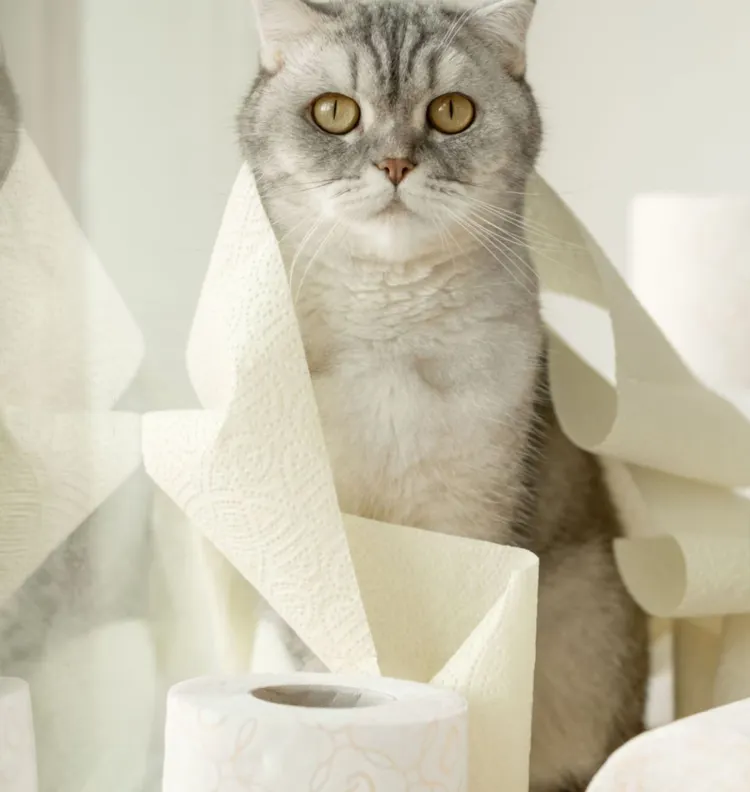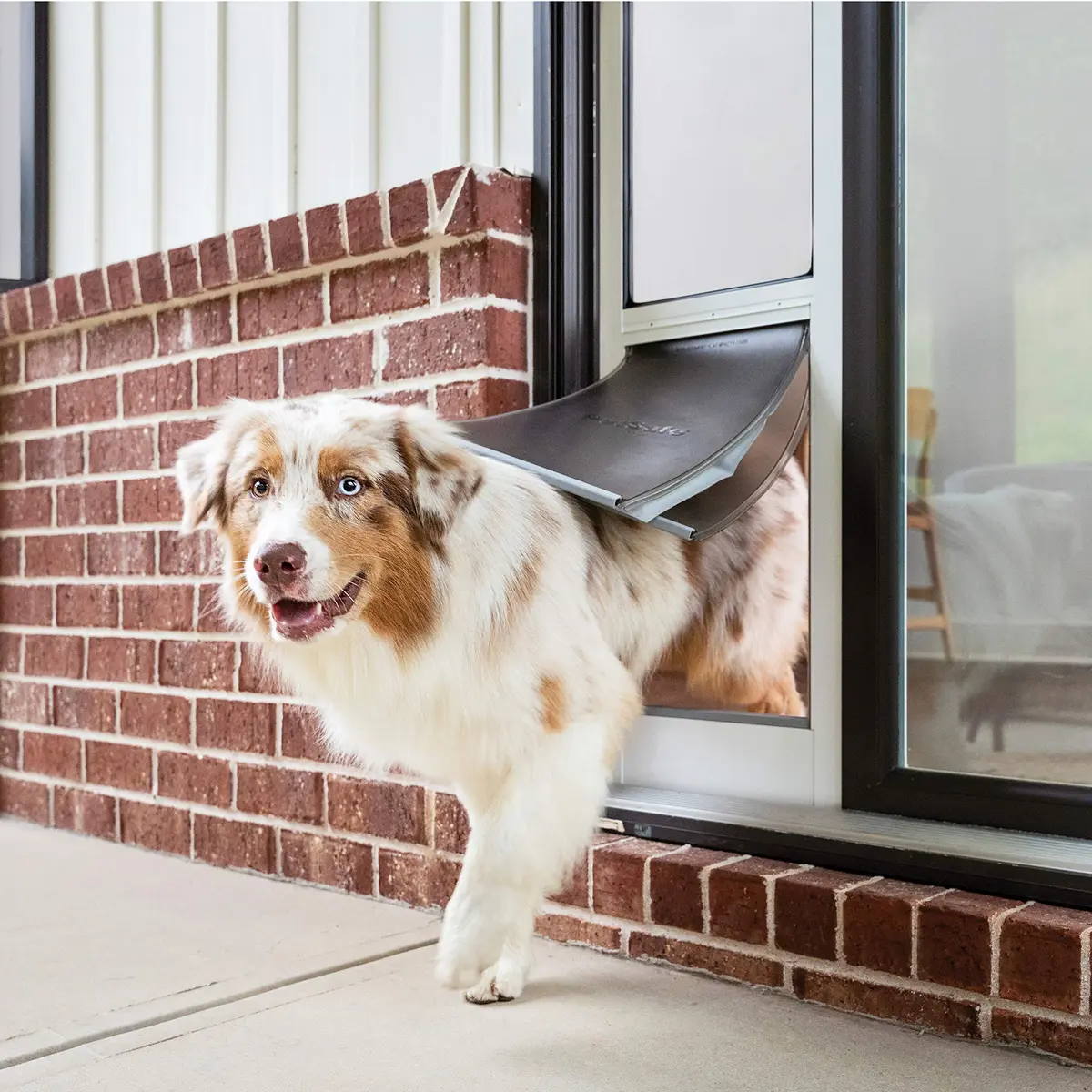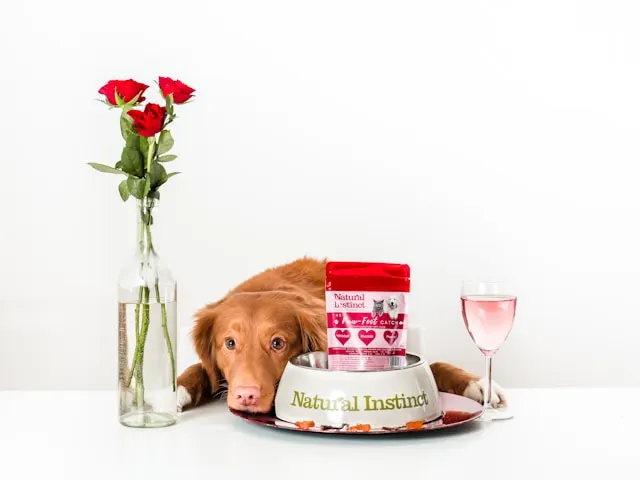Cats can have occasional digestive upsets, but persistent or excessive diarrhea may indicate an underlying issue. While mild cases may resolve on their own, chronic or severe diarrhea can lead to dehydration and other health complications. This guide will help you understand the possible causes, provide at-home care tips for mild cases, and know when it’s time to consult your vet.
1. Recognizing Diarrhea in Cats
Diarrhea in cats is identified by an increase in the frequency, volume, or fluidity of stool. Excessive diarrhea refers to episodes lasting more than two days or appearing multiple times within a single day. Symptoms often include:
- Frequent bowel movements: More often than usual
- Loose or watery stool: Noticeably different consistency from normal
- Accompanying signs: May include lethargy, vomiting, loss of appetite, or signs of abdominal discomfort.
Diarrhea that persists beyond a day or two, or is accompanied by other concerning symptoms, should be monitored closely.
2. Common Causes of Diarrhea in Cats
- Dietary Changes: Switching foods too quickly can upset a cat’s digestive system. Introduce new foods gradually to avoid sudden gastrointestinal issues.
- Food Allergies or Intolerance: Some cats are sensitive to ingredients like grains or certain proteins. Allergies may cause chronic diarrhea or other digestive symptoms.
- Infections and Parasites: Viral, bacterial, or fungal infections (such as salmonella or giardia) can lead to diarrhea. These are often contracted through contaminated food, water, or close contact with other animals.
- Stress: Changes in the environment, new pets, or household disruptions can lead to stress-induced diarrhea.
- Serious Conditions: Chronic diarrhea may indicate inflammatory bowel disease (IBD), pancreatitis, or even cancer. These conditions require prompt diagnosis and treatment from a veterinarian.
3. At-Home Care for Mild Diarrhea
For cases of mild diarrhea, try the following at-home care steps to help soothe your cat’s digestive system:
- Switch to a Bland Diet: Temporarily feed a diet of plain boiled chicken (without any seasoning) and rice for 24–48 hours. This bland diet is easy on the digestive system and can help settle an upset stomach.
- Ensure Hydration: Diarrhea can lead to dehydration, so provide fresh water at all times. You can also offer low-sodium chicken broth to encourage drinking.
- Probiotics: Certain vet-recommended probiotics are formulated to support healthy gut flora and may help manage mild digestive upsets.
If symptoms don’t improve within a day or two or worsen, stop home treatment and seek professional veterinary care.
4. When to Contact the Vet
Seek veterinary attention if you notice any of these warning signs, as they may indicate a serious issue:
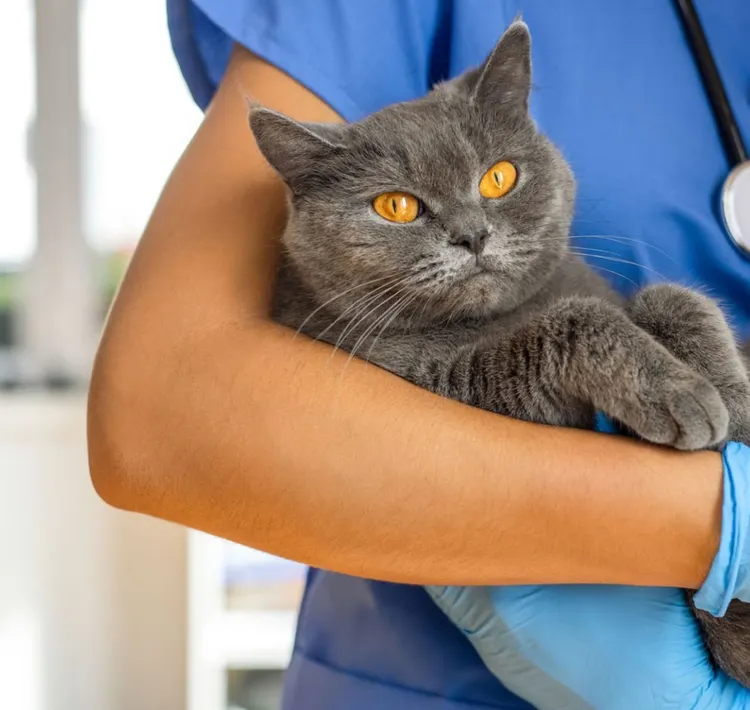
- Prolonged diarrhea: Lasting more than two days or worsening over time
- Blood in stool: Dark, tarry, or red stools can indicate bleeding in the digestive tract
- Vomiting or Loss of Appetite: Especially if accompanied by dehydration or weight loss
- Lethargy: Excessive tiredness or reluctance to move around
- Fever or Abdominal Pain: Both can signal infection or inflammation that needs medical intervention
5. Preventative Care Tips
While some causes of diarrhea can’t be entirely prevented, these tips can reduce the risk:
- Transition Foods Slowly: Any dietary change should happen gradually, ideally over 7–10 days, by mixing the new food with the current one in increasing amounts.
- Regular Deworming and Parasite Control: Work with your vet to keep your cat on a preventative parasite schedule.
- Routine Vet Visits: Regular check-ups can help catch underlying issues before they become severe.
- Provide a Low-Stress Environment: Minimizing changes in the home and offering comforting spaces can reduce stress-related diarrhea.
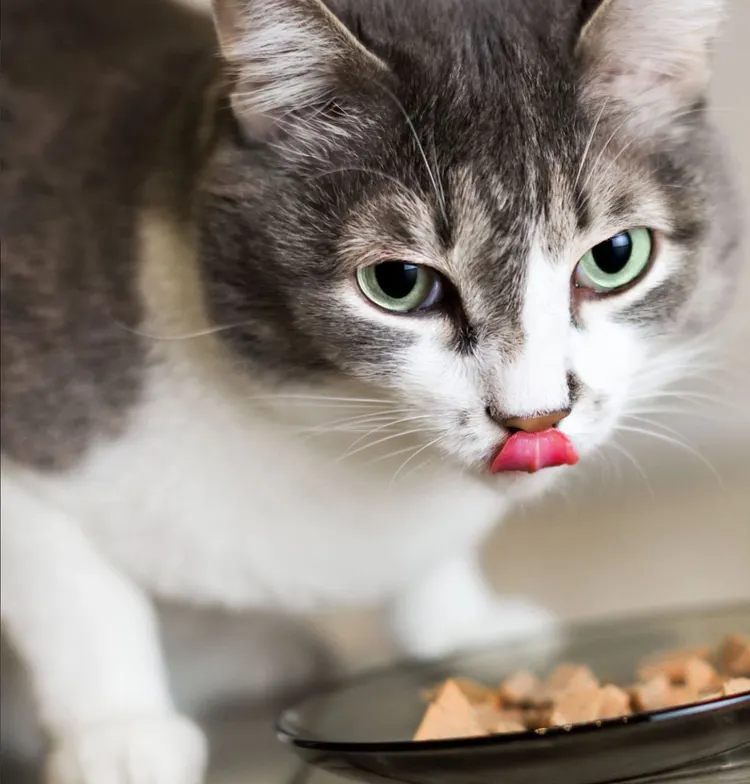
Conclusion
While occasional diarrhea can be normal, prolonged or excessive episodes should never be ignored. By understanding the potential causes, offering gentle home care, and knowing when to seek veterinary help, you can support your cat’s health and comfort. Always follow your vet’s guidance for safe and effective treatment, especially if diarrhea becomes a recurring issue.

